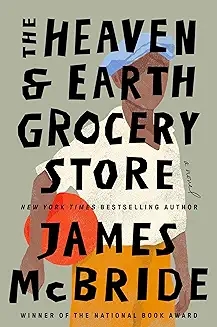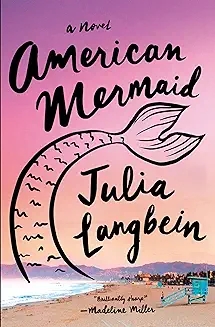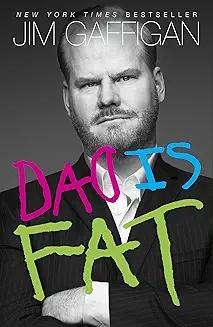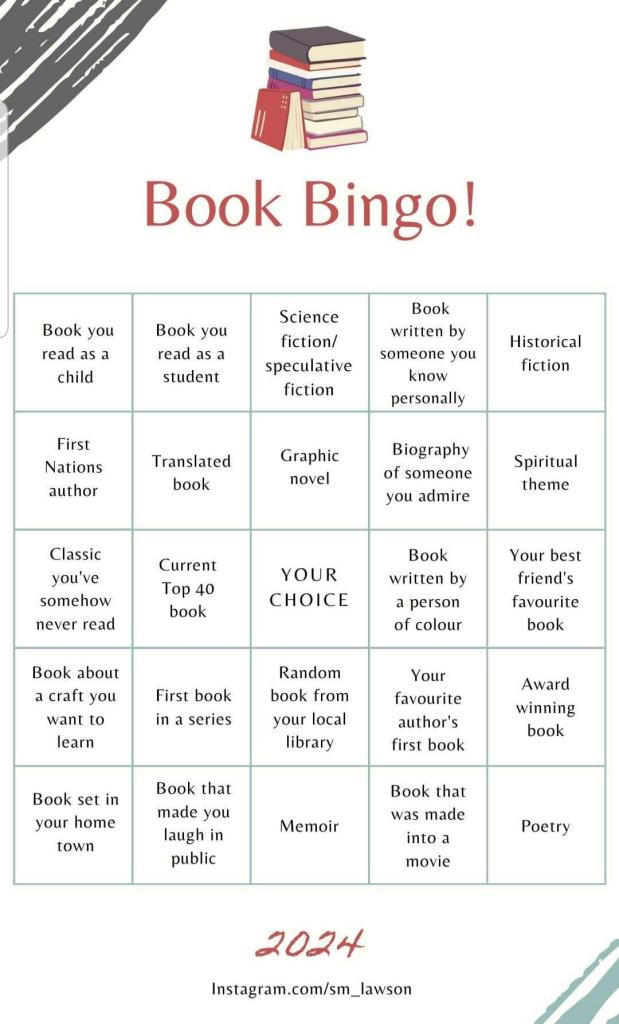
The Heaven & Earth Grocery Store by James McBride—McBride is one of my favorite authors and his newest novel is at the top of the list of most popular books of the year, including winning the Kirkus Prize for fiction. The title refers to the grocery store owned by Moshe and Chona, in the mid 1930’s in Pottstown PA. But the store is in Chicken Hill, populated by African Americans and a small collection of Jewish immigrants. Chona runs the store with the help of Addie, and it is Chona who binds her community together.
The Chicken Hill community is populated with the kind of characters that McBride is known for. Each character, no matter how small their role in the book, influences the outcome of this novel.
Dodo is a deaf twelve-year-old black child who lost his hearing at 9 years old, and his mother recently. He goes to live with his aunt Addie and her husband Nate, who works for Moshe in his theatre. When the State comes around to take Dodo to a mental hospital, Addie and Nate decide to hide him with Moshe and Chona. And that’s when the Jewish and Black community unite.
I just listened to McBride speak about this book and he is as mesmerizing in person as he is in print. I have one suggestion for you, when you finish the book, go back and read the first chapter. That will set things in place. I’m looking forward to discussing this with my book club and hope you will as well.

The Ungrateful Refugee: What Immigrants Never Tell You by Dina Nayeri—In September I wrote a review of Daniel Nayeri’s book called Everything Sad is Untrue (A True Story) which is a mixture of truth and fiction about their family’s immigration story aimed at middle schoolers. His sister, Dina also wrote a book. Both penned their books about their refugee experience from Iran to Oklahoma, but Dina’s book was not only from her perspective as a child but what followed her to adulthood.
She also writes about other refugees and their experiences as she travels to places where refugees remain in what seems like an eternal purgatory, waiting at the mercy of immigration officials and lawyers where they are questioned thoroughly but their answers must fit into the correct framework of the country they are trying to enter. Often, these immigrants who come from places like Iran cannot answer in these frameworks. She researched a man who became so frustrated, that he set himself on fire in front of a courthouse in Holland.
Her book is thought provoking, but she does go on (probably too long) as her frustration and anger mounts. Reading both these books and comparing them would make a very interesting book discussion.

Eastbound by Maylis de Kerangal and translated by Jessica Moore—Aliocha is a 20-year-old Russian conscript headed eastbound on the Trans-Siberian railroad with 100 other conscripts. These were the young men who couldn’t find a way out of the Russian army, either by bribery or parental obligations. But Aliocha is neither rich enough nor involved with women enough. He knows he is not a fighter, although he is clever, and so he does what he can to escape.
He meets Helene, a French woman escaping her own past who hides him in her berth. Together, although neither speaks each other’s language, they develop a relationship. And the reader understands each character, how they instinctively approach each other and how they are bound together.
This novella, written in 2012, and translated in 2023, was not about being sent to Ukraine, but reading it, it is a door into the Russian military and what these Russian soldiers may be feeling now. The writing is sparce but beautiful and the characters are fully drawn. This melodic translation fully realizes not only the plot but the relationship and the landscape that speeds by. A short but mesmerizing novella.

American Mermaid by Julia Langbein—When Penelope, an English teacher, writes a novel about an ecowarrior mermaid, she doesn’t expect it to be a bestseller and when she is approached by Hollywood to make a movie, she is thrilled. But moving to California and fighting to retain the core of the book is much more difficult than actually writing the book herself.
Her attempt to meet and be accepted by film people and book people while attempting to retain the core of the book is the substance of the novel but there is more and that’s what I like most about this story. We get to read excerpts from “American Mermaid” and finally understand the mermaid character, Sylvia, the kindly doctor, and her evil scientist “father”. It is actually more interesting than watching Penny and her tribulations. Lots of plot twists in what turns out to be a beach book, appropriately.

Dad is Fat by Jim Gaffigan—You know him. He’s a standup comedian, and if you’re familiar with his routine, you may find familiar material. But since I’m not, every page is fraught with the crazy and very funny ideas directly from his head. There is no plot but simply essays on being a father of one, then two, until his current five children. His wife is a saint and somehow accomplishes everything including Gaffigan’s career while breastfeeding.
Since my children are long grown, the familiarity of young children comes from my grandchildren, and he is dead on… from stealthily changing diapers in the middle of the night to germ infested daycare. (that’s why we always get sick when we visit) It’s extremely funny and probably a good read while breastfeeding in the middle of the night.
And here’s some homework to do during February. I’m sure you can fill it all in! Until March then.

